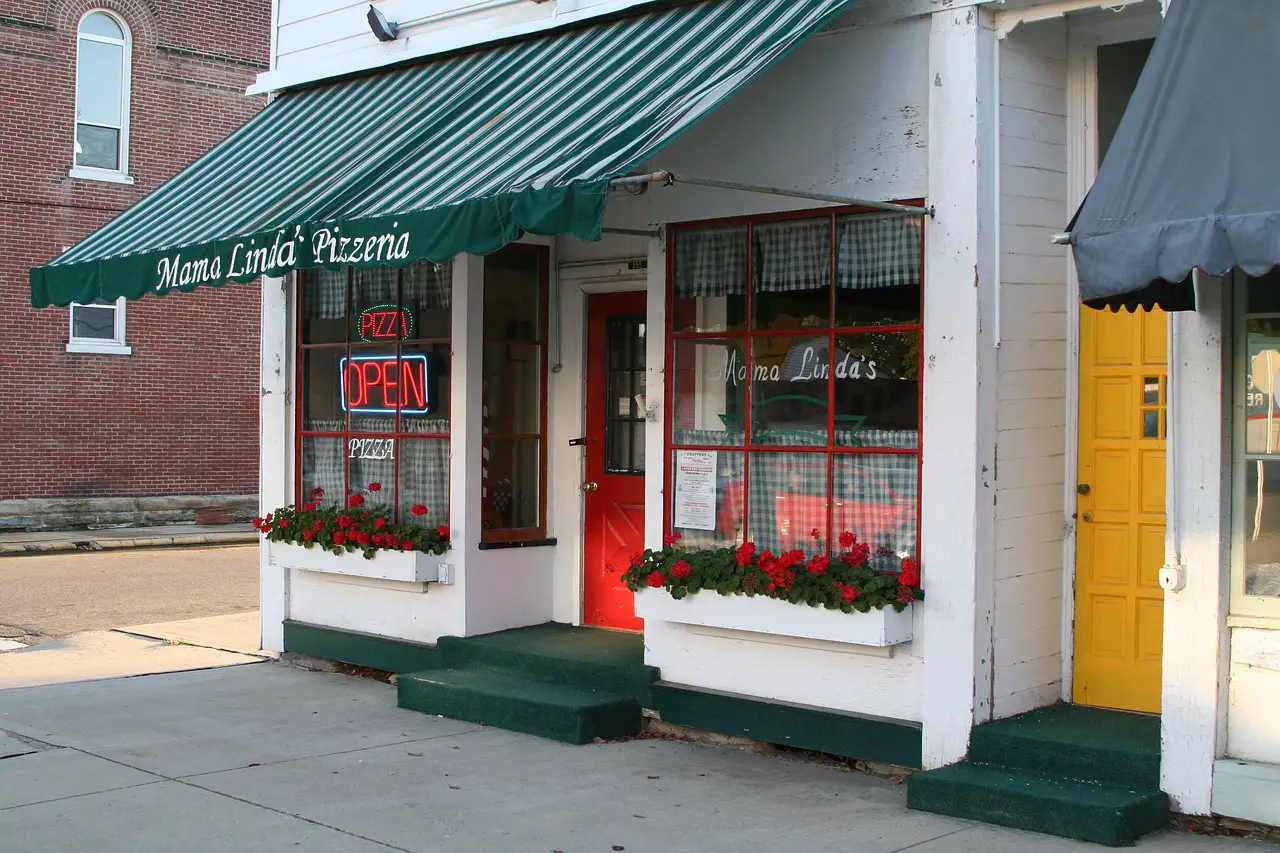Some would say that now is not the time to be looking at the retail sector, what with the rise of e-commerce, yet optimists would say that fortune favors the bold; you offer the right product/service at the right price and your location is good, there is every reason to expect a degree of success. If you have a concept; you love baking and you feel sure that if you were to set up a small bakery, you would make enough profit to keep the business afloat. You might have an idea for a niche market, such as arts & crafts supplies or models, or perhaps you would like to pick up a fast-food franchise.
Write a business plan
Much like any business, a retail store needs a high level of planning; a business plan is a complex document that should cover every aspect of the business including start-up cost, marketing, overall concept, running costs, assets, and permits/licenses. Spend as much time as it takes to create your business plan and play devil’s advocate to see if you can find weaknesses.
Creating an identity
Using graphics, text, and color, you need to design a brand that people will find easy to relate to. Google can help you find the best building sign makers in New Zealand who can handle your store fitout and external signage. Digital marketing is an integral aspect of reaching your local community; you should have a campaign arranged to coincide with the grand opening.
Permits and licenses
Regardless of where you are in New Zealand, you will need to apply to your local council and enquire about relevant permit licenses. This can typically be done online, with the exception of health & safety, your business premises will be inspected for fire risk and other potential hazards. You will need numerous insurance policies, including general liability, building insurance, and stock/inventory cover.
Funding
Of course, your business plan should cover start-up costs, plus you need additional money to support the business during the first 6-12 months; you can’t realistically expect the business to generate enough revenue, at least not the first few months.
Success is never a given, especially with a retail outlet, but if you do your research and make the right choices, your store will become an integral part of the community.
Location and Market Analysis
Selecting the right location for your retail store is crucial. Conduct a thorough market analysis to identify potential areas where your target customers are concentrated. Consider factors such as foot traffic, nearby competitors, and local demographics. New Zealand’s diverse population provides unique opportunities, and understanding your market will help you tailor your offerings to meet local preferences.
When choosing a location, evaluate accessibility and visibility. Ensure that the store is easily accessible to your target audience and that it provides ample exposure. Negotiate with landlords for favorable lease terms, taking into account the potential growth of your business. Engage with the local community by attending events, collaborating with other businesses, and building a network to create awareness and support for your retail venture.
Technology Integration and E-commerce Strategy
In the era of digital transformation, integrating technology into your retail store is essential. Develop an online presence through e-commerce platforms, allowing customers to browse and purchase products online. Partner with reliable payment gateways to facilitate secure transactions. Embrace point-of-sale (POS) systems to streamline operations and manage inventory efficiently.
Implementing technology also extends to enhancing the in-store experience. Consider digital signage, interactive displays, and loyalty programs to engage customers. Utilize social media platforms to promote your retail store, share updates, and interact with your audience. An effective online strategy complements your physical presence and expands your reach beyond the local community.
Sustainable Practices and Community Engagement
Incorporate sustainability into your retail store’s ethos. Consumers are increasingly conscious of environmental impact, and adopting eco-friendly practices can differentiate your business. Source products responsibly, minimize waste, and explore energy-efficient options for your store. Communicate your commitment to sustainability in your marketing efforts to attract environmentally conscious consumers.
Engage with the local community through events, sponsorships, or partnerships with local organizations. Establishing a strong community presence fosters loyalty and positive word-of-mouth. Consider organizing workshops, product launches, or charity events that align with your store’s identity. Building a sense of community around your retail store contributes to its long-term success.
Adaptability and Continuous Improvement
The retail landscape is dynamic, requiring adaptability and continuous improvement. Monitor industry trends, customer feedback, and sales data to identify areas for enhancement. Stay informed about changes in consumer behavior and adjust your strategies accordingly.
Encourage feedback from customers and employees to gain insights into your store’s strengths and weaknesses. Embrace innovation and be open to refining your product offerings based on market demands. Regularly update your business plan to reflect evolving goals and market conditions. By staying agile and responsive, your retail store can thrive in the ever-changing business environment.

The content Team Writer is one of the writers from our team of content writers. The Business Goals blog is expanding day by day and we need more writers and brand ambassadors for promoting our media website. If you are interested contact your portfolio through the Write for Us page.

















